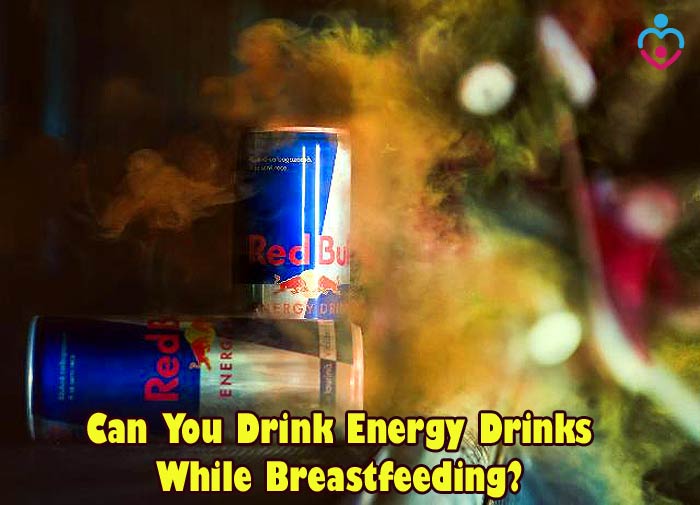
Energy drinks are controversial for everyone, not just for breastfeeding mothers. But as a nursing woman, you should pay that much more attention to everything you eat or drink as well as the rest of the aspects in your daily life.
Energy drinks are made of caffeine and other chemicals, including sugar, that will offer you the energy boost you need. While this might be safe from you every now and then, would it be safe for your baby?
This is a question that most nursing mothers wonder about.
Can you drink energy drinks while breastfeeding?
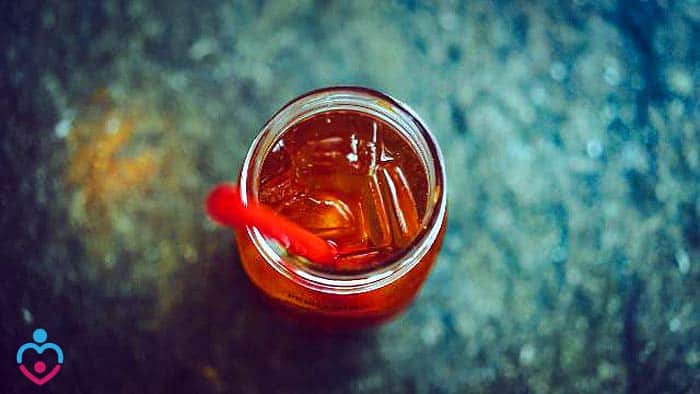
You can enjoy the benefits of an energy drink if you are breastfeeding as long as you do it in moderation. Too much of these drinks will give you a high level of caffeine and sugar that could have side effects for both you and your baby.
A) Caffeine in Sports Drinks
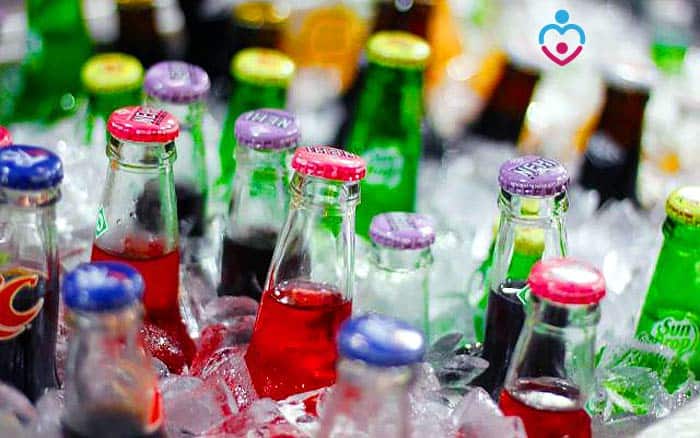
The main ingredient in energy drinks that should be a concern for nursing mothers is caffeine.
- You can enjoy some caffeine if you are nursing, but too much of it can give your baby increased fussiness, lack of sleep, and a faster heart rate.
- This is why moderation is essential when you consume energy drinks as well as other high-caffeinated drinks.
- Energy drinks get in the breastmilk just like everything else you eat or drink.
However, the effects they have on your baby will be different from infant to infant.
B) Sports Drinks During The First 3 months
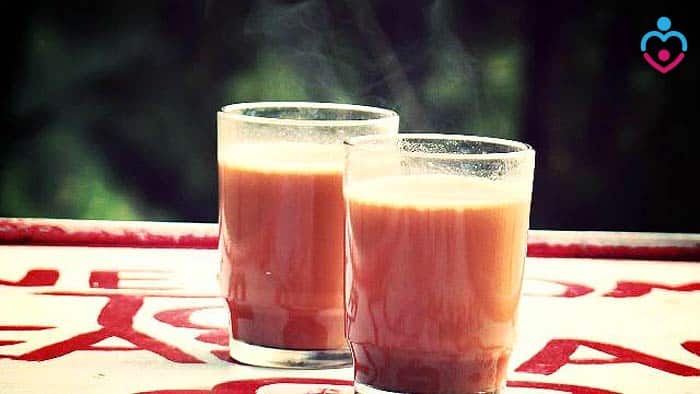
In the first 3 months, caffeine will last for up to 120 hours in your baby's system, if they ingest it through your breastmilk.
- After to 5 months of age, caffeine will last only about 14 hours in your baby's system.
- However, you need to watch the way your baby feels and decide accordingly.
- Not all babies react the same when they are exposed to coffee.
C) Breastfeeding with Caffeine with Pre-Existing Conditions
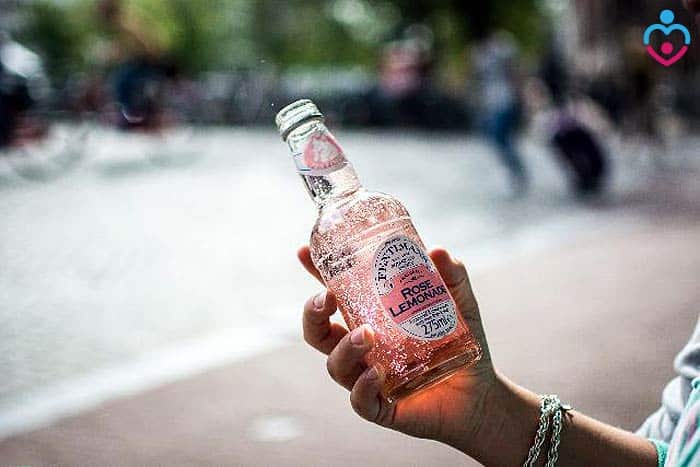
If you suffer from health conditions such as arrhythmias, digestive problems, or anxiety, you should reduce your caffeine intake even more. In these cases, energy drinks (Red Bull, Taurine, etc.) and other caffeinated drinks can increase the unpleasant side effects of your pre-existing condition.
D) Not All Sports Drinks Made Equal
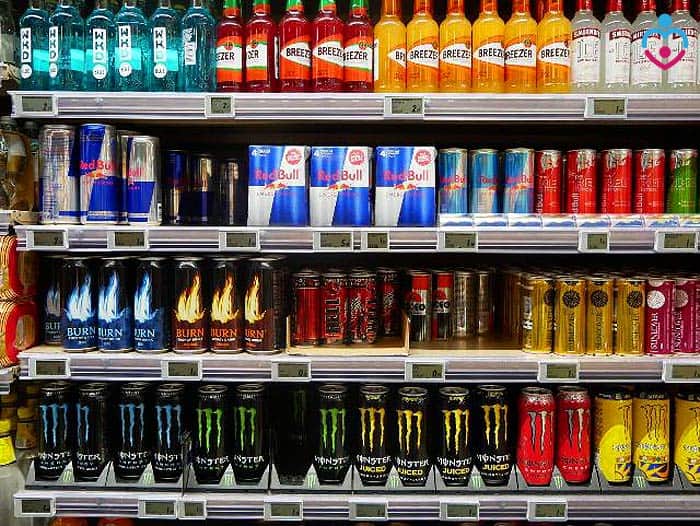
The market offers a wide range of energy drinks.
- They all have different concentrations of caffeine, so you can choose the ones with a lower concentration if you are concerned about the effects.
- Red Bull, for instance, has 9.5 mg of caffeine per one oz. But there is also a Red Bull Energy Shot with 40 mg of caffeine per oz.
- Rockstar is another energy drink with 10 mg of caffeine per oz. If you want a low caffeinated energy drink, AMP could be it with just 8.9 mg of caffeine per oz.
The list goes on and on, but the same concerns apply to all energy drinks.
While you can consume energy drinks in moderation, if you are breastfeeding, you should try to avoid them as much as possible.
They are not a healthy option for you or your baby. Even if the side effects are mild and sometimes not even present, chances are that sooner or later, you will develop an unhealthy addiction to these drinks.
![]()
Key References
- "Breastfeeding and caffeine intake - MSU Extension". Accessed May 12, 2020. Link.
- "Caffeine Content of Drinks". Accessed May 12, 2020. Link.
- "Safety and efficacy of Ginkgo (Ginkgo Biloba) during pregnancy and lactation | Request PDF". Accessed May 12, 2020. Link.




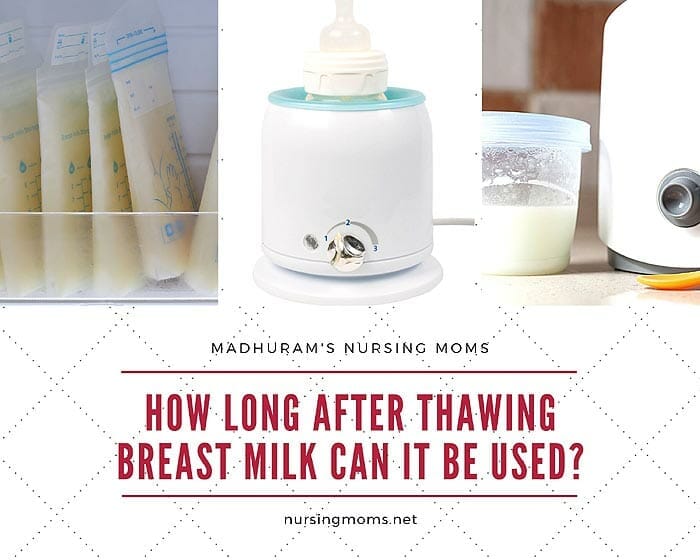
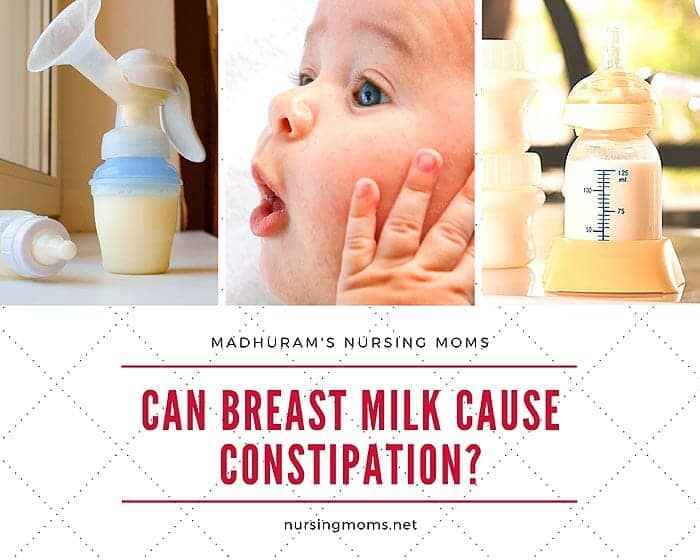
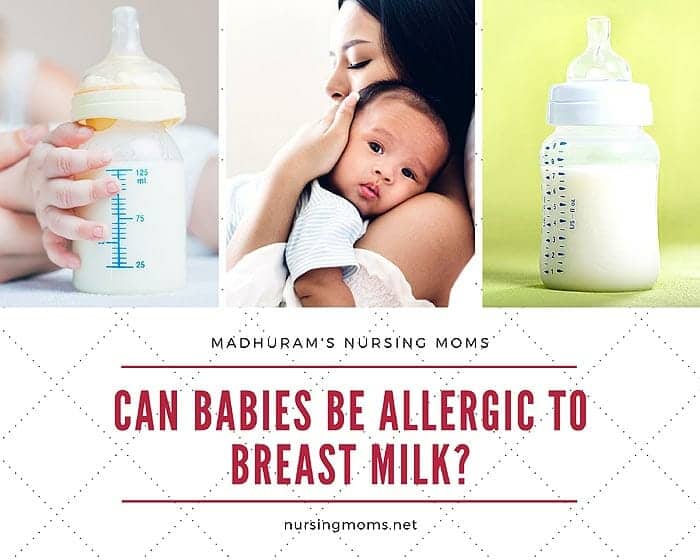
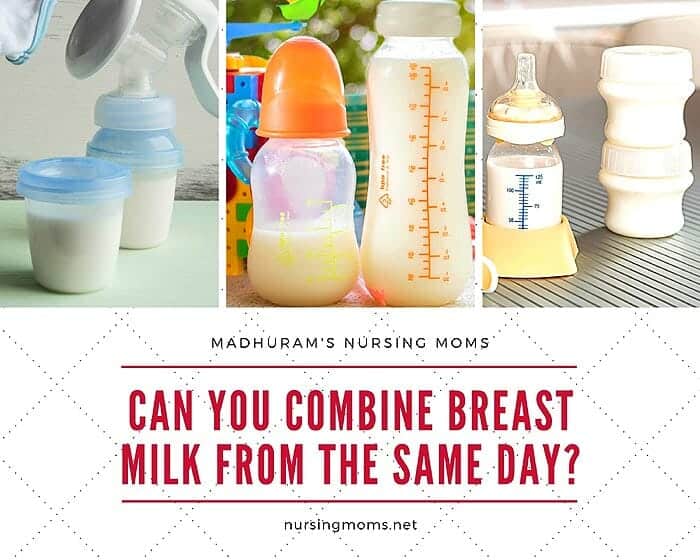
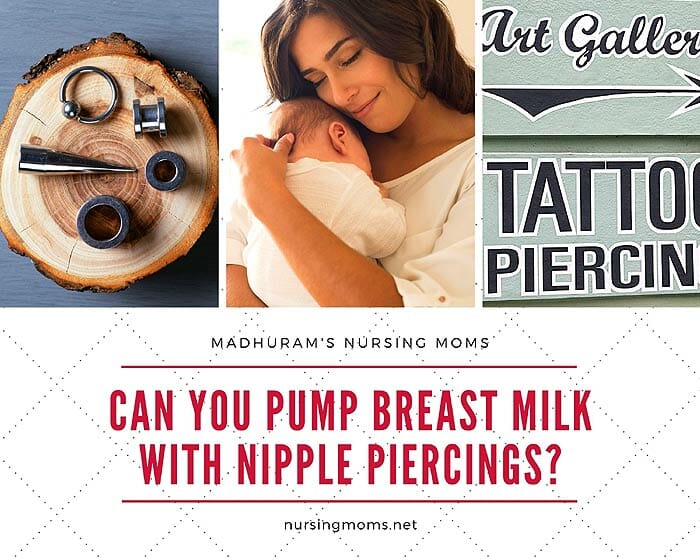
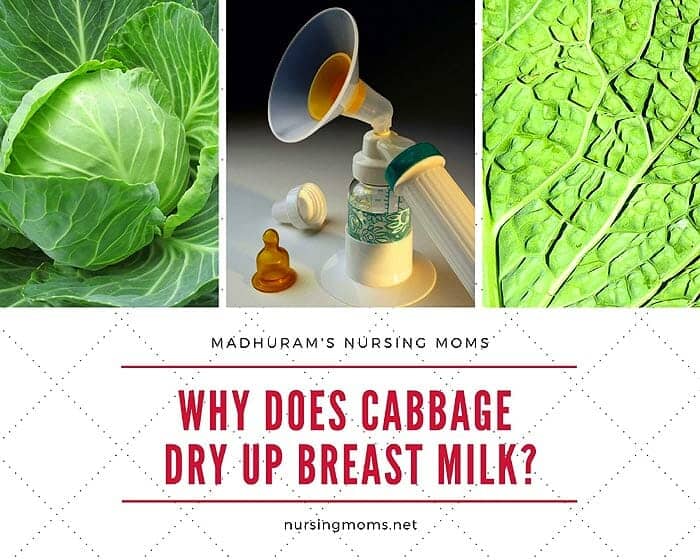
Leave a Reply